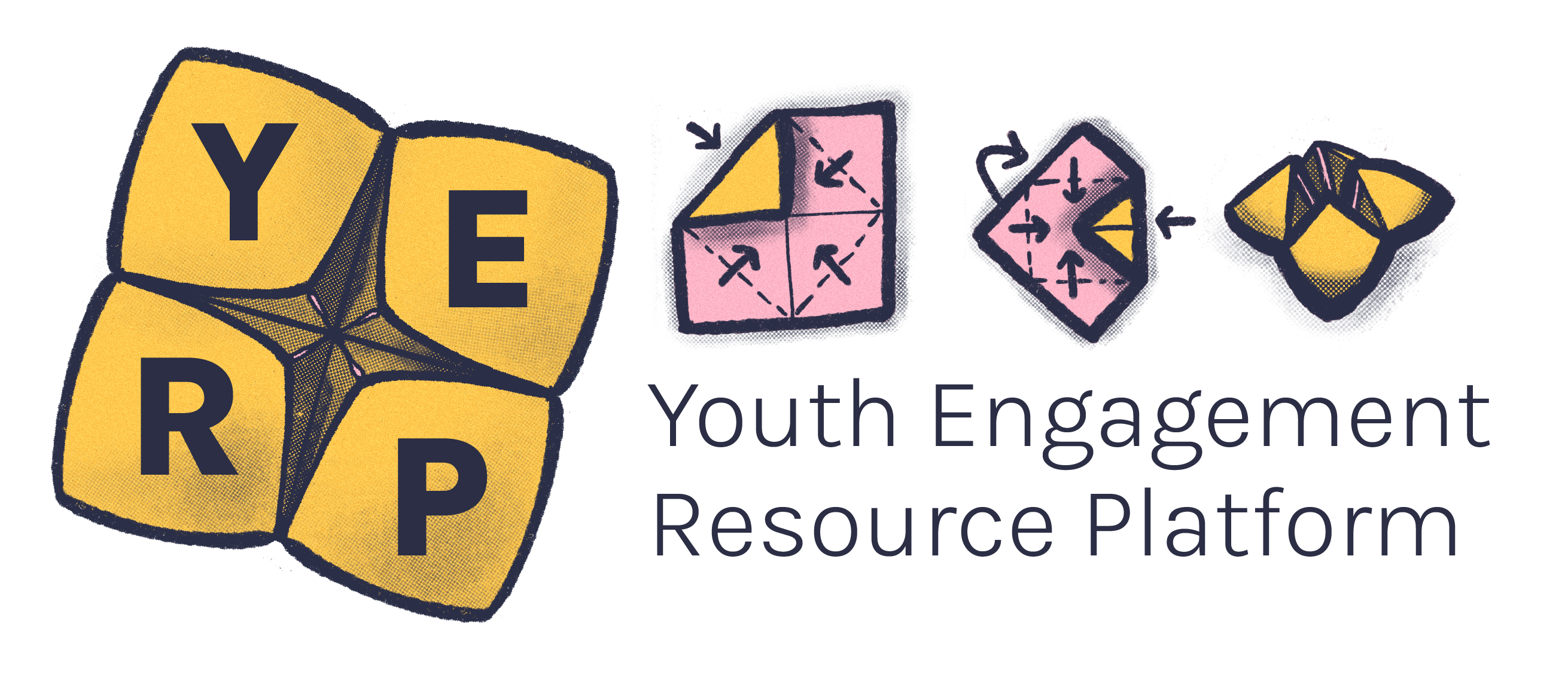As a youth worker, you have the right to safety and protection for yourself regardless of whether you are a young person or not.
Youth workers can often relate to the young people they work with through shared lived experiences. It’s extremely important to know when it’s appropriate to share (or not to share) lived experience with the young people you are working with to maintain a professional relationship.
Lived experience can enhance one’s work and is often a reason youth workers become youth workers in the first place. However, there is no obligation to share your lived experience, and it is your right to keep that private.
Also, consider that sharing lived experiences can trigger young people and have negative results. It’s important to have clear guidelines on sharing lived experiences and how you can support young people to have those conversations in a safe way.
Knowledge, skill and self-care
Ethical youth work practice also involves the health of you, the youth worker. Youth workers need to prioritise self-care, so you are more able to do your job to the best of your ability.
A group sitting around a table together.

Knowing your rights and obligations is one of the most important things you can do to prevent workplace problems. If you know what you’re entitled to, you can recognise and raise issues before they become a problem.
At work, issues relating to race, age, sex and disability discrimination may occur and your rights and responsibilities may not always be clear.
The National Employment Standards (NES) are 11 minimum employment entitlements that apply to most employees.
They include:2
- Maximum weekly hours
- Requests for flexible working arrangements
- Offers and requests to convert from casual to permanent employment
- Parental leave and related entitlements
- Annual leave
- Personal/carer's leave, compassionate leave and family and domestic violence leave
- Community service leave
- Long service leave
- Public holidays
- Notice of termination and redundancy pay
- Fair Work Information Statement (the FWIS) and Casual Employment Information Statement (the CEIS).
You can find more through the Fair Work Ombudsman. Have a read and understand them but know that they are the very minimum standards you may be entitled to, and that you may have more rights and entitlements depending on your workplace.2
A really great place to start looking for specific information on your workplace is your Enterprise Agreement (EA).
An EA contains the terms and conditions for your employment, clearly stating what you are entitled to as an employee.1
Not all workplaces have an enterprise agreement, so some other places you can find information include your contract, and the policies and procedures of your organisation.
Some key policies and procedures to look out for are:
- Staff code of conduct
- Child safe code of conduct
- Recruitment policy and procedure
- Whistleblower policy and procedure
- Leave entitlements
- Parental leave
- Professional development
- Equal employment opportunity
- Working from home
- Flexible work arrangements
- Bullying and harassment
- Internal grievance
- Flexitime, overtime and time-in-lieu (TIL)
- Travel and working away from home, vehicles
- Disciplinary policy and procedure
- Diversity and inclusion
Your workplace may have different types of policies and procedures, and these are areas you should research and understand. The main thing to do is read through your workplace’s policies and procedures, regardless of what they are to give you a good understanding of your rights.
For some final reading, we encourage you to check out the Human Rights Law Centre’s resource on Victoria's Human Rights Charter.
- Fair Work Commission. (n.d). Enterprise Agreements. https://www.fwc.gov.au/agreements-awards/enterprise-agreements
- Fair Work Ombudsman. (2023). National Employment Standards. Australian Government. https://www.fairwork.gov.au/employment-conditions/national-employment-standards





